In the world of architecture and construction, a building’s exterior plays a vital role in making a lasting impression. One of the most popular and enduring choices for facade materials is hard exterior stone. With its natural beauty and unparalleled durability, hard exterior stone facades offer numerous advantages for both residential and commercial buildings. In this article, we will explore some key features and benefits of this remarkable choice. 1. Variety and Aesthetics: Hard exterior stone facades come in a wide range of types, including granite, limestone, sandstone, and marble. Each variety offers unique colors, textures, and patterns, allowing architects and designers to create structures with distinct character and style.
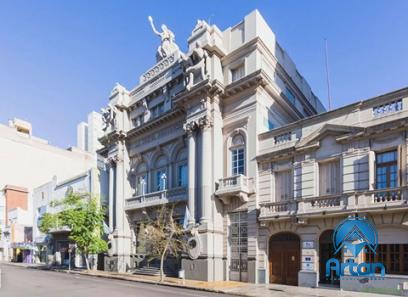
.
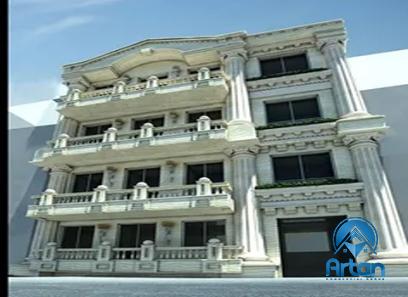 The ability to incorporate variations in cut, size, and finishes allows for customized applications, enhancing the overall aesthetics of any building. 2. Longevity and Durability: One of the primary reasons for choosing hard exterior stone facades is their exceptional durability. Stone has withstood the test of time, as evidenced by ancient structures that still stand today. Stone is naturally resistant to weathering, erosion, and decay, making it an ideal choice for enduring harsh outdoor conditions, including heavy rain, strong winds, and temperature fluctuations. Unlike other materials, stone facades retain their appearance and strength for many decades, reducing long-term maintenance needs and costs.
The ability to incorporate variations in cut, size, and finishes allows for customized applications, enhancing the overall aesthetics of any building. 2. Longevity and Durability: One of the primary reasons for choosing hard exterior stone facades is their exceptional durability. Stone has withstood the test of time, as evidenced by ancient structures that still stand today. Stone is naturally resistant to weathering, erosion, and decay, making it an ideal choice for enduring harsh outdoor conditions, including heavy rain, strong winds, and temperature fluctuations. Unlike other materials, stone facades retain their appearance and strength for many decades, reducing long-term maintenance needs and costs.
..
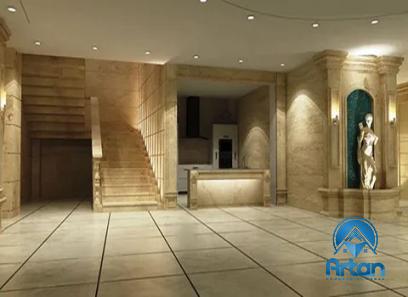 3. Low Maintenance: Hard exterior stone facades require minimal maintenance compared to other facade materials. Stone is naturally resistant to staining, discoloration, and fading caused by UV radiation. Its dense structure also deters the growth of molds, moss, and other organisms. Routine cleaning with water and mild detergents is usually sufficient to keep the stone facade looking pristine. Additionally, stone is resistant to fire, rot, and pests, further increasing its lifespan and reducing the need for frequent repairs or replacements. 4. Energy Efficiency: Stone facades can contribute to energy efficiency by acting as a natural insulator. The high thermal mass of stone helps regulate internal temperature, reducing the need for excessive heating or cooling. This can result in savings on energy bills and contribute to a more sustainable building design. Stone facades can also help with noise reduction, creating a quieter and more comfortable interior environment.
3. Low Maintenance: Hard exterior stone facades require minimal maintenance compared to other facade materials. Stone is naturally resistant to staining, discoloration, and fading caused by UV radiation. Its dense structure also deters the growth of molds, moss, and other organisms. Routine cleaning with water and mild detergents is usually sufficient to keep the stone facade looking pristine. Additionally, stone is resistant to fire, rot, and pests, further increasing its lifespan and reducing the need for frequent repairs or replacements. 4. Energy Efficiency: Stone facades can contribute to energy efficiency by acting as a natural insulator. The high thermal mass of stone helps regulate internal temperature, reducing the need for excessive heating or cooling. This can result in savings on energy bills and contribute to a more sustainable building design. Stone facades can also help with noise reduction, creating a quieter and more comfortable interior environment.
…
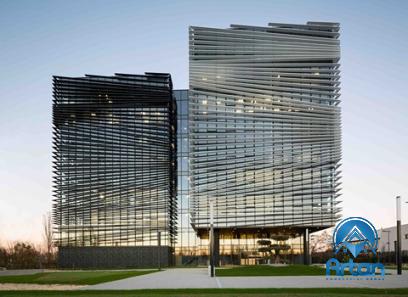 5. Environmental Sustainability: Hard exterior stone facades are considered an environmentally friendly choice. Unlike synthetic materials, stone is a renewable resource, and its production has relatively low environmental impact. Choosing locally sourced stone further reduces carbon emissions associated with transportation. Additionally, stone facades have a long lifespan, reducing the need for frequent replacements and landfill waste. Conclusion: The enduring beauty, longevity, low maintenance requirements, energy efficiency, and environmental sustainability of hard exterior stone facades make them a premier choice for architects, designers, and builders. With their ability to enhance aesthetics, durability, and overall building performance, these facades are an investment that offers lasting value. By embracing the inherent qualities of natural stone, one can create buildings that harmonize with the environment while withstanding the test of time.
5. Environmental Sustainability: Hard exterior stone facades are considered an environmentally friendly choice. Unlike synthetic materials, stone is a renewable resource, and its production has relatively low environmental impact. Choosing locally sourced stone further reduces carbon emissions associated with transportation. Additionally, stone facades have a long lifespan, reducing the need for frequent replacements and landfill waste. Conclusion: The enduring beauty, longevity, low maintenance requirements, energy efficiency, and environmental sustainability of hard exterior stone facades make them a premier choice for architects, designers, and builders. With their ability to enhance aesthetics, durability, and overall building performance, these facades are an investment that offers lasting value. By embracing the inherent qualities of natural stone, one can create buildings that harmonize with the environment while withstanding the test of time.
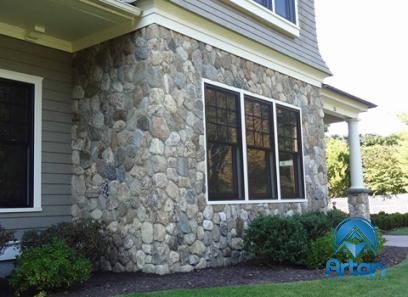
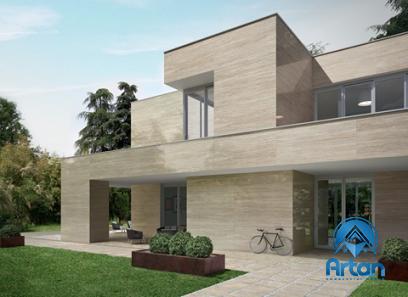
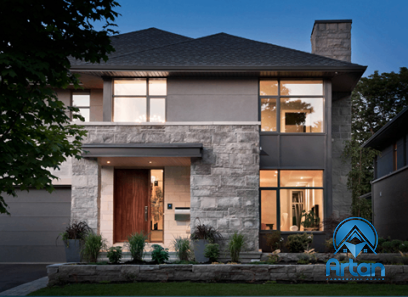
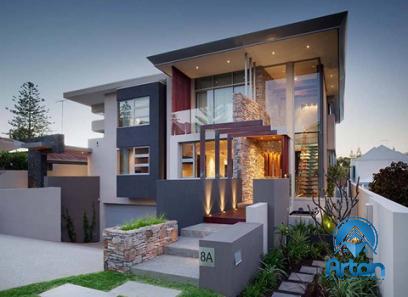
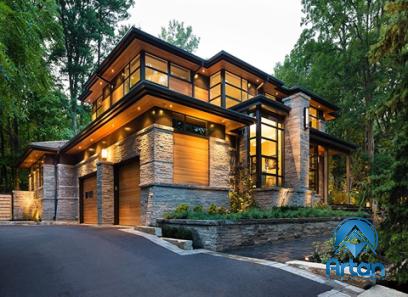
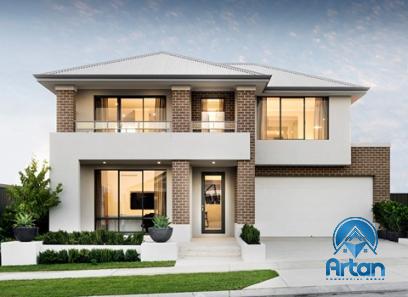
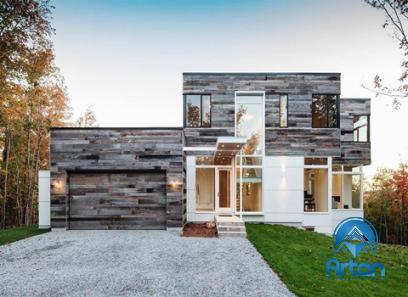
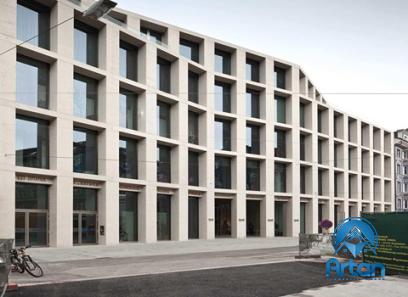
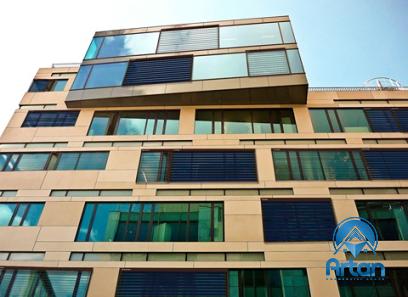
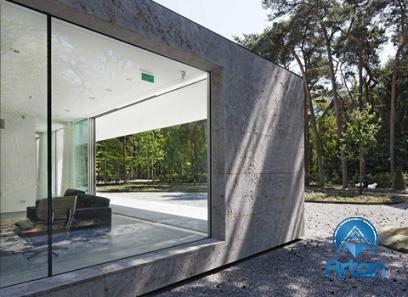
Your comment submitted.